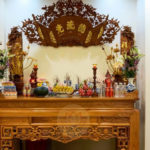Let’s explore the Intercalary month, known as “Xử Thử,” and delve into its occurrence in 2023, its unique characteristics, significance, and fascinating associated traditions.
1 What is the Intercalary month?
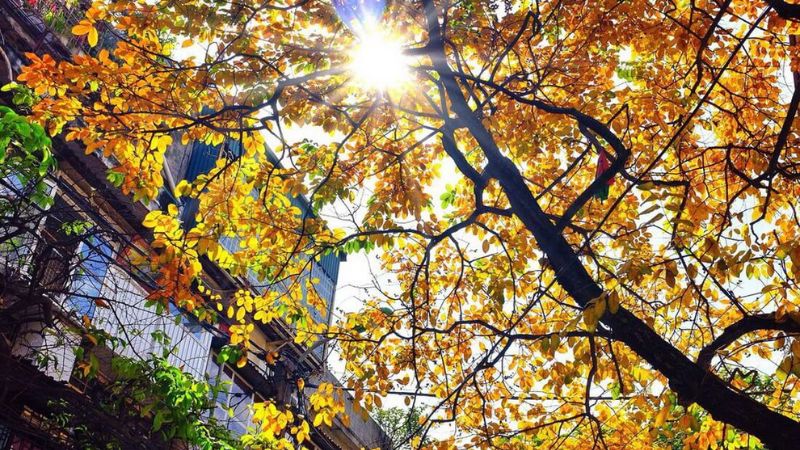 What is the Intercalary month?
What is the Intercalary month?
According to the Gregorian calendar, the Intercalary month, or “Xử Thử,” is the 14th solar term and the second solar term of autumn. It falls between the start of autumn and “Bạch Lộ.” During this term, the sun is at a longitude of 150 degrees.
The term “Xử Thử” in Chinese characters means “ending the heat” (“Xử” signifies decisiveness, finality, and termination, while “Thử” represents hot and sultry weather). It fully conveys the transition from hot to cooler temperatures, signaling the end of summer and the arrival of autumn.
2 When does the Intercalary month occur?
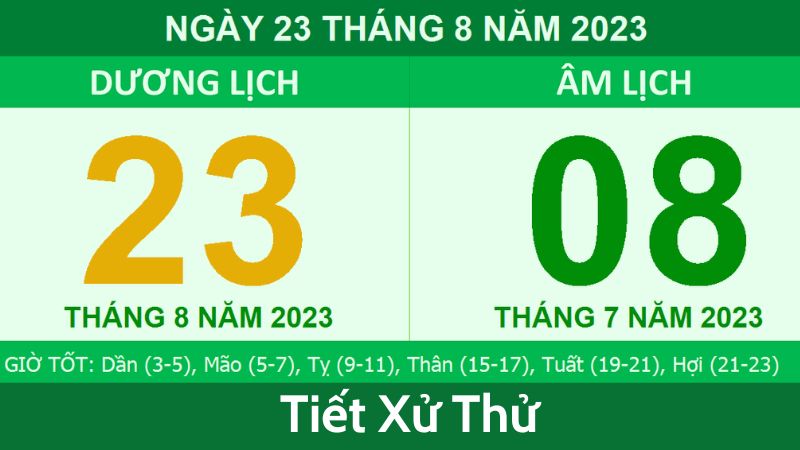 When does the Intercalary month occur?
When does the Intercalary month occur?
Annually, the Intercalary month begins on August 23 or 24 and concludes on September 7 or 8 according to the Gregorian calendar.
In 2023, it will commence on August 23 and end on September 7, corresponding to the 8th to the 23rd of the seventh lunar month in the year of the Rabbit.
For further insight: What are the 24 solar terms, and how are they calculated for the year 2022?
3 Characteristics of the Intercalary month
Weather and Climate
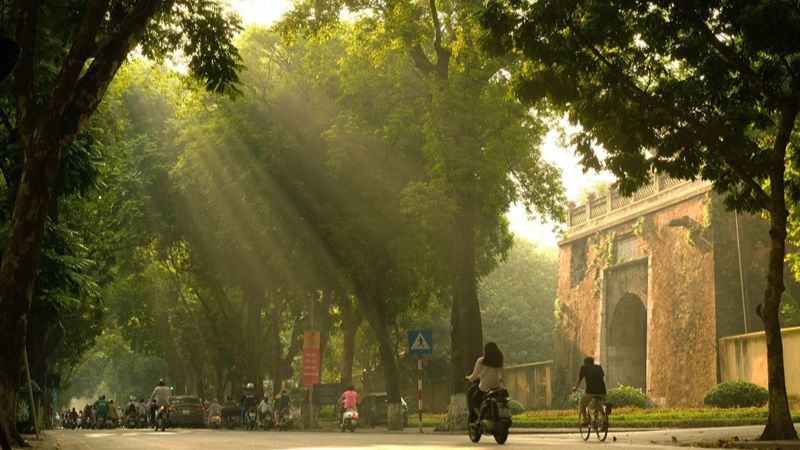 Weather and Climate
Weather and Climate
The Intercalary month marks a significant shift in temperatures. It is considered the start of the yin phase of the year, when the sun moves southward, leading to a decrease in solar radiation and a shift toward yin dominance.
The characteristic climate during this term is mild and slightly cool, with a hint of dryness. The sun shines warmly but not scorchingly, and gentle breezes bring a pleasant coolness. Nights turn slightly chilly, and rainfall remains low while humidity rises, creating an extremely comfortable atmosphere. This solar term is regarded as the most pleasant of the 24 solar terms, making it ideal for outdoor activities.
Adaptations of Plants
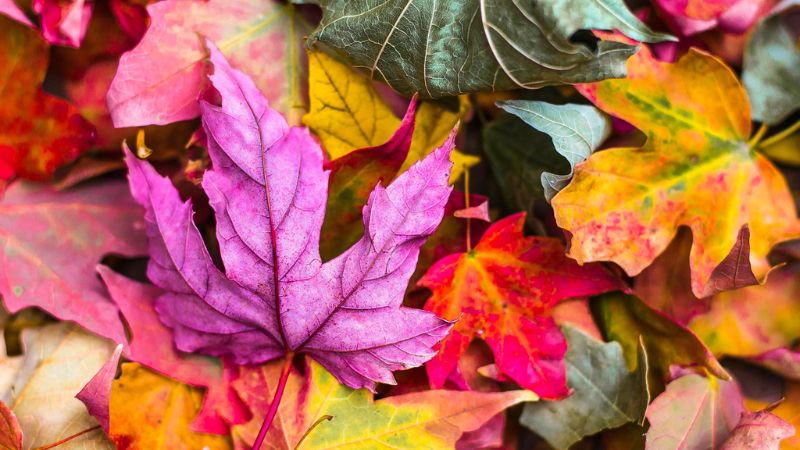 Adaptations of Plants
Adaptations of Plants
As the days and nights during the Intercalary month approach equilibrium, with less pronounced disparities, plants undergo adaptations to acclimate to the changing environment.
The substantial decrease in temperature, sunlight, and humidity, coupled with low rainfall, significantly impacts the process of photosynthesis in plants. Consequently, most trees don colorful autumn foliage, cacti transform their leaves into spines to conserve water, and numerous plants accumulate nutrients in the form of tubers, stems, or roots.
The Intercalary month coincides with the harvest season for cereal crops, the ripening of fruits, and the dispersal of seeds, setting the stage for the upcoming spring.
Food Storage by Animals
 Food Storage by Animals
Food Storage by Animals
During this term, animals actively prepare for the impending winter by storing fat to stay warm and maintain energy reserves, stockpiling food, and seeking shelter. Many bird species commence their southward migration to escape the cold.
It is also the breeding and mating season for livestock and wild animals. Insects and worms enter their reproductive phase, with a new generation of insects set to emerge during the “Kinh Trập” solar term.
4 Significance of the Intercalary month
In Divination
 Significance in Divination
Significance in Divination
In divination, the Intercalary month occurs in the seventh lunar month, which falls within the autumn season and corresponds to the “Bĩ” hexagram.
Autumn is associated with the dominance of metal (金), symbolizing infinite benefits derived from the creation of wealth. It is also the season when the “Qian” and “Ba Gua” hexagrams emerge.
According to the five elements theory, the dominance of metal (金) restrains wood (木), leading to its decline. Metal (金) generates water (水), resulting in its prosperity. Earth (土) generates metal (金), causing its depletion, while fire (火) restrains metal (金), leading to its imprisonment. During the Intercalary month, the “Zhen” and “Sun” hexagrams, representing wood (木), are subdued.
In Astrology
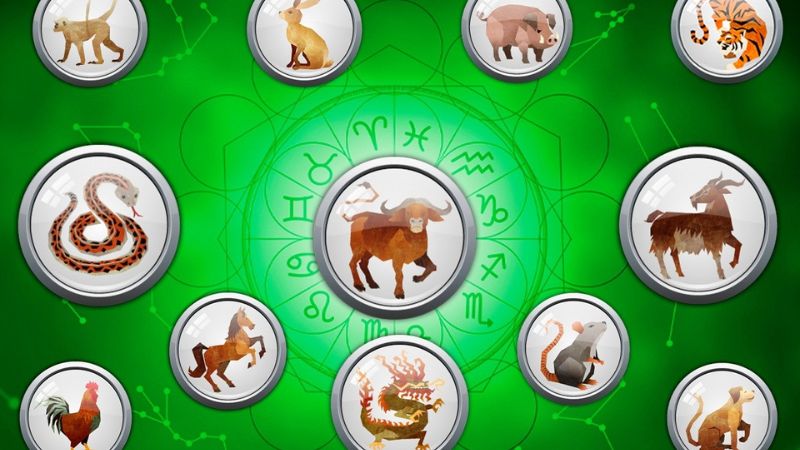 Significance in Astrology
Significance in Astrology
The Intercalary month corresponds to the seventh lunar month, known as the “Monkey Month,” which possesses yang energy and is associated with metal (金). However, as temperatures drop, the cool breeze can easily trigger respiratory ailments.
During this term, yin thrives while yang wanes, casting a somber mood over humanity. Additionally, according to folklore, this period marks the release of souls from the underworld, allowing them to return to the mortal realm, resulting in an abundance of yin energy.
Influenced by the tragic love story of Mr. Nâu and Mrs. Nâu, a popular folk tale, the Intercalary month is considered inauspicious for weddings and groundbreaking ceremonies.
Adhering to the age-old belief that “superstition brings good luck, and precaution brings safety,” people generally refrain from undertaking significant endeavors during this time to avoid any potential negative influence of the prevailing yin energy.
5 Customs and Traditions during the Intercalary month
Fishermen’s Festival
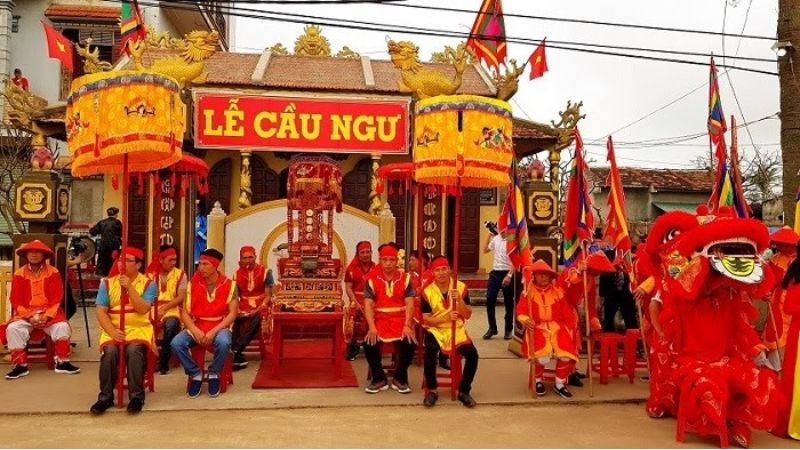 Fishermen’s Festival
Fishermen’s Festival
The Fishermen’s Festival holds great significance for seafarers. Marking the start of the Intercalary month, it is also the season for harvesting an abundance of marine species. Fishermen hold this festival to express their gratitude for the ocean’s bounty and to seek protection for their voyages.
The Seventh Night
The Seventh Night, or “Thất Tịch,” is intimately linked to the tragic yet beautiful love story of Niu Lang and Zhi Nu, known as Mr. Nâu and Mrs. Nâu in Vietnamese folklore. It falls on the seventh day of the seventh lunar month each year. On this day, couples often visit temples together, while singles eat noodles to pray for love.
Vu Lan
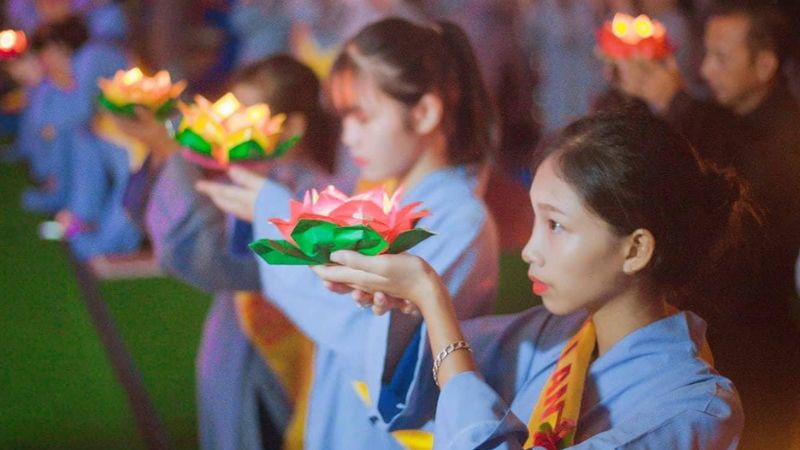 Vu Lan
Vu Lan
Vu Lan, observed on the 15th day of the seventh lunar month, holds great importance for Buddhists and in folk culture. It is an occasion for children to express gratitude and love to their parents and perform rituals to pray for the well-being and peace of their families.
Ghost Month
The Intercalary month coincides with the seventh lunar month, known as the “Ghost Month” in Vietnamese folk belief. It is believed that during this month, the underworld releases souls to return to the mortal realm, resulting in a prevalence of yin energy. The 15th day of the month is specifically designated as the “Pardoning of the Hungry Ghosts.”
6 Recommended Activities during the Intercalary month
Keep Warm
 Keep Warm
Keep Warm
The Intercalary month is a time when respiratory ailments like coughing and asthma are prevalent. To safeguard your health, it is advisable to wear warm clothing, consume well-cooked meals, and bathe in warm water to maintain optimal body temperature.
Observe the Sky Before Traveling
If you plan to travel during this term, pay close attention to the sky and weather conditions. If, at sunrise, you notice pink, bright orange, or deep red clouds on the horizon, it is advisable to postpone your journey and take precautionary measures to protect your home. These signs indicate the presence of “hongyun” or “baoyun,” portending an impending storm, according to folk belief.
Timely Harvest
Farmers should seize the opportunity to harvest their crops promptly during the Intercalary month to prevent losses due to adverse weather conditions and ensure a bountiful yield.
Proper Health Maintenance
 Proper Health Maintenance
Proper Health Maintenance
- Adjust Your Daily Routine: The weather and atmosphere during the Intercalary month can induce feelings of fatigue and lethargy. To counter these effects, ensure you get sufficient sleep, aiming for bed before 10 p.m. and extending your sleep by an hour compared to the summer months. However, you can still rise early to embrace the refreshing morning air.
- Consume Moisturizing Foods: Opt for lightly seasoned dishes with minimal meat and increased oil content. Incorporate more moisturizing foods, such as tremella, snow fungus, and foods rich in alkaline properties like seaweed and spirulina. Additionally, include vitamin-rich foods and those abundant in zinc and selenium.
Nutritious Diet
 Nutritious Diet
Nutritious Diet
To boost your health during this term, incorporate nutritious foods like chicken, duck, and walnut into your diet.
Additionally, consider drinking a glass of salted water in the morning and consuming a small amount of vinegar in the evening to bolster your immune system and reduce the risk of illness. Notably, starting your day with a glass of water is highly beneficial for your health, as it gently awakens your digestive system.
We hope this article has enhanced your understanding of the Intercalary month, one of the 24 solar terms. Stay tuned for more insightful content to enrich your daily life!
Understanding the Significance of the Autumn Equinox in 2023
On September 23rd, 2023, people around the world will gather to celebrate the Autumn Equinox. This midpoint of the season is an important date in many cultures, being marked in both ancient Chinese calendars as well as numerous other traditions. To honor the Equinox, festive celebrations involving music, feasts, and more are held. Embrace the spirit of the season by learning about the Autumn Equinox and its significance across different cultures here!





